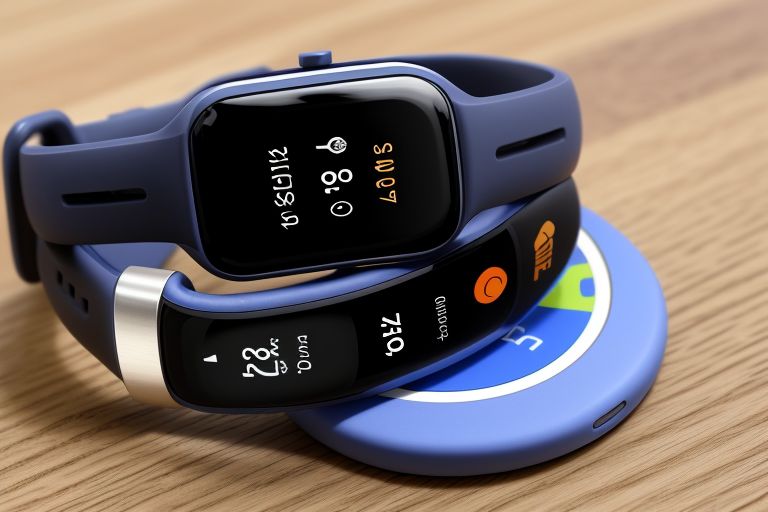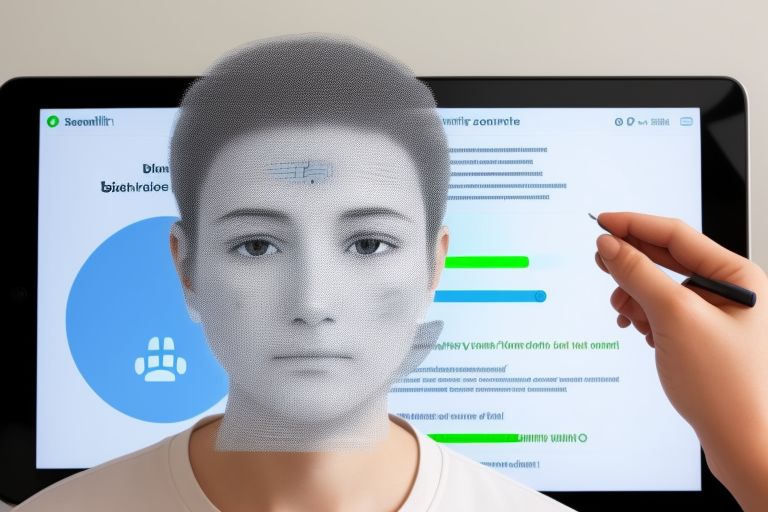Wearable technology has evolved significantly from its origins as simple fitness trackers to sophisticated devices capable of comprehensive medical monitoring. This growth not only reflects advancements in technology but also a shift in consumer health awareness and the healthcare industry’s acceptance of wearable tech. This article explores the current trends in wearable technology, highlighting the transition from fitness tracking to advanced medical monitoring and what this means for the future of personal and clinical health management.
Evolution of Wearable Technology
Initially focused on fitness tracking, wearable devices have expanded their capabilities to include a wide range of health and wellness monitoring, from heart rate and activity tracking to advanced diagnostics. This evolution is driven by improvements in sensor technology, data analysis, and a broader understanding of health metrics.
Current Trends in Wearable Technology
1. Enhanced Fitness Trackers
Modern fitness trackers do more than count steps or calculate calories burned. They now feature heart rate monitoring, sleep tracking, and even stress analysis. Devices like the Fitbit Charge and the Apple Watch use sophisticated algorithms to provide insights into overall fitness and health, encouraging more proactive health management.
2. Medical-Grade Wearable Devices
There has been a significant increase in the development of medical-grade wearable devices that can monitor chronic conditions or detect acute medical events. For example, devices like the Zio patch offer continuous cardiac monitoring, capable of detecting arrhythmias that might require urgent medical attention. Others, like the Dexcom G6, monitor glucose levels continuously for diabetes management.
3. Integration with Telehealth Services
Wearable devices are increasingly integrated with telehealth services, enabling data collected by the devices to be directly shared with healthcare providers. This integration allows for better remote monitoring and management of patient conditions, potentially reducing hospital visits and readmissions, and facilitating timely medical interventions.
4. Expansion into Mental Health Monitoring
There is growing attention on mental health, with new wearable technology developed to monitor and support mental well-being. Devices are now capable of detecting changes in stress levels, providing biofeedback, and even delivering mood-elevating stimulation. This trend reflects a more holistic approach to health that includes both physical and mental well-being.
Benefits of Wearable Technology in Health
- Preventive Health: Wearables provide continuous health monitoring, which can help in early detection of potential health issues before they become serious.
- Personalized Health Insights: With the ability to track various health metrics, individuals can receive personalized insights and recommendations, enhancing personal health management.
- Improved Patient Engagement: Wearables engage patients in their health care, providing them with actionable data and fostering a more active role in managing their health.
Challenges and Considerations
Despite the benefits, there are challenges to the widespread adoption of advanced wearable tech:
- Data Privacy and Security: The increase in data collected by wearable devices raises concerns about privacy and security. Ensuring that personal health information is protected is crucial.
- Accuracy and Reliability: Ensuring the accuracy of health data collected by wearables is essential, especially for devices used in medical monitoring.
- Regulatory Approval: Medical-grade devices require regulatory approval, which can be a lengthy and complex process.
Future Outlook
The future of wearable technology in health looks promising, with ongoing innovations likely to produce even more advanced devices. The integration of AI and machine learning will further enhance the predictive capabilities of wearables, making them even more integral to health and wellness strategies.
Conclusion
From fitness trackers to advanced medical monitoring devices, wearable technology is transforming how individuals manage their health and how healthcare providers deliver care. As technology continues to advance, wearable devices will play an increasingly important role in fostering healthier lifestyles and improving patient outcomes.




















+ There are no comments
Add yours